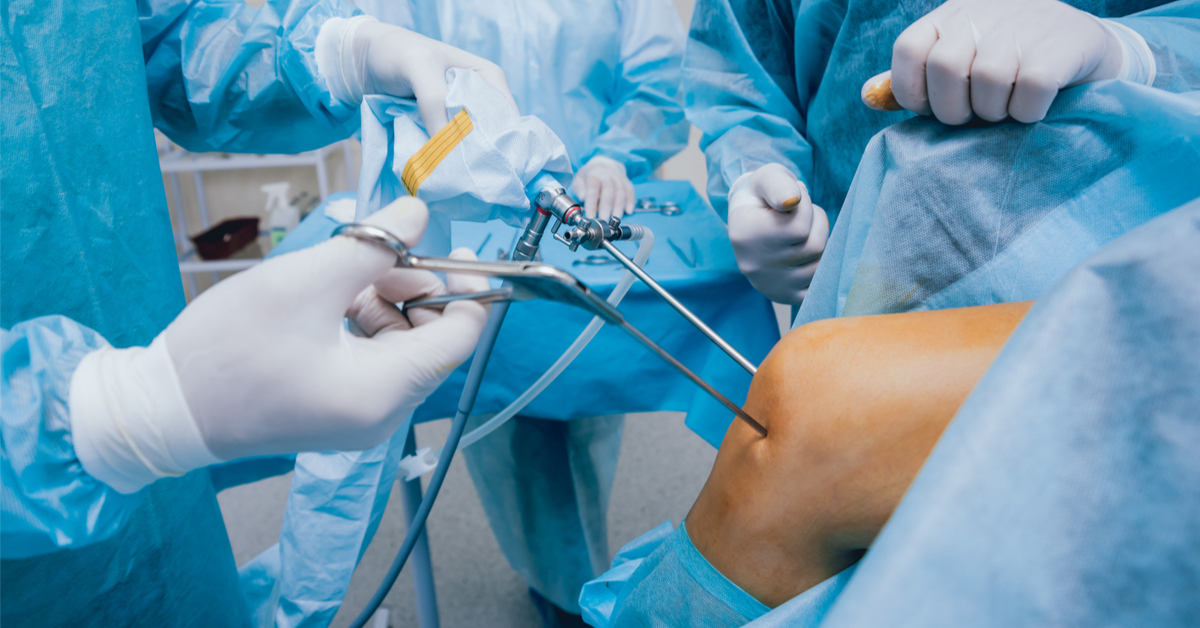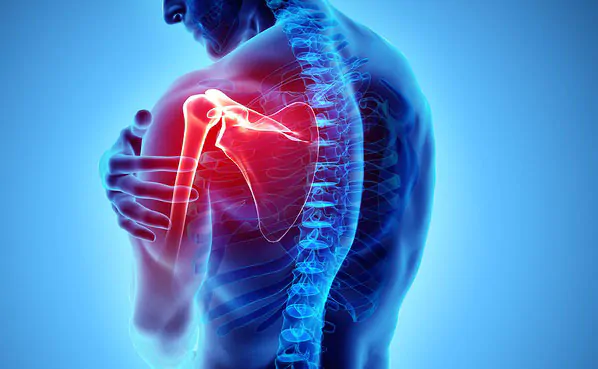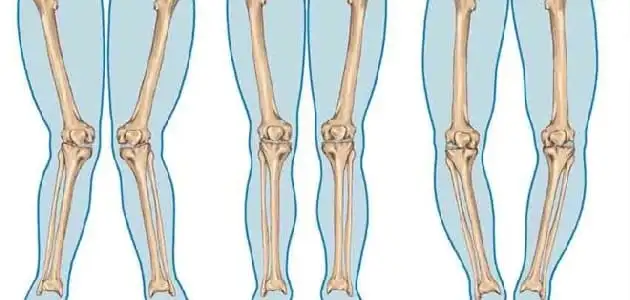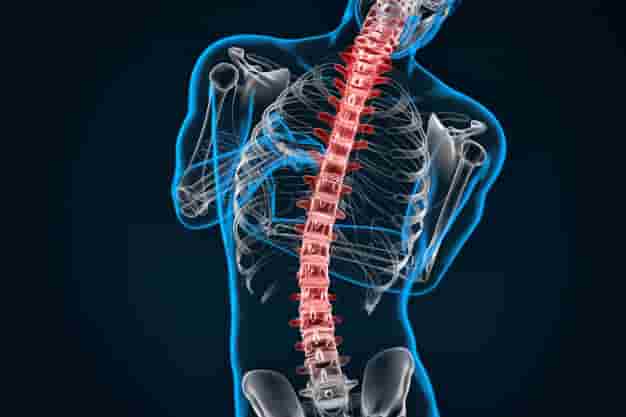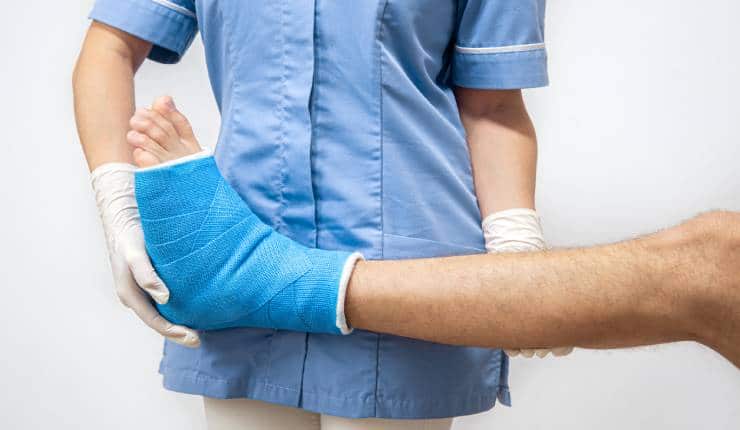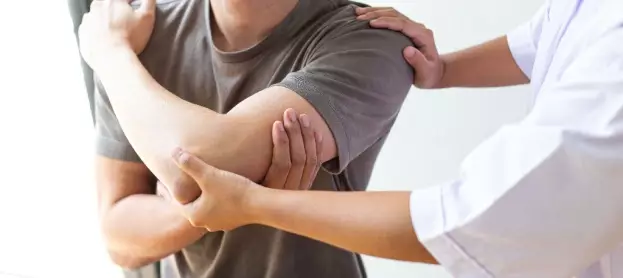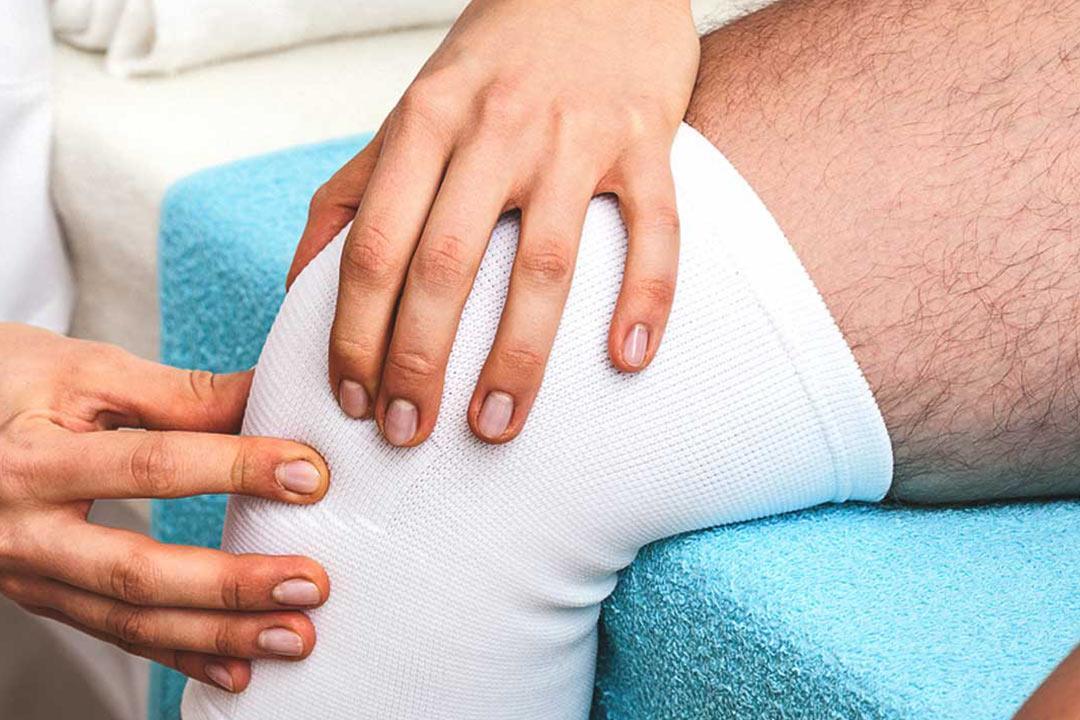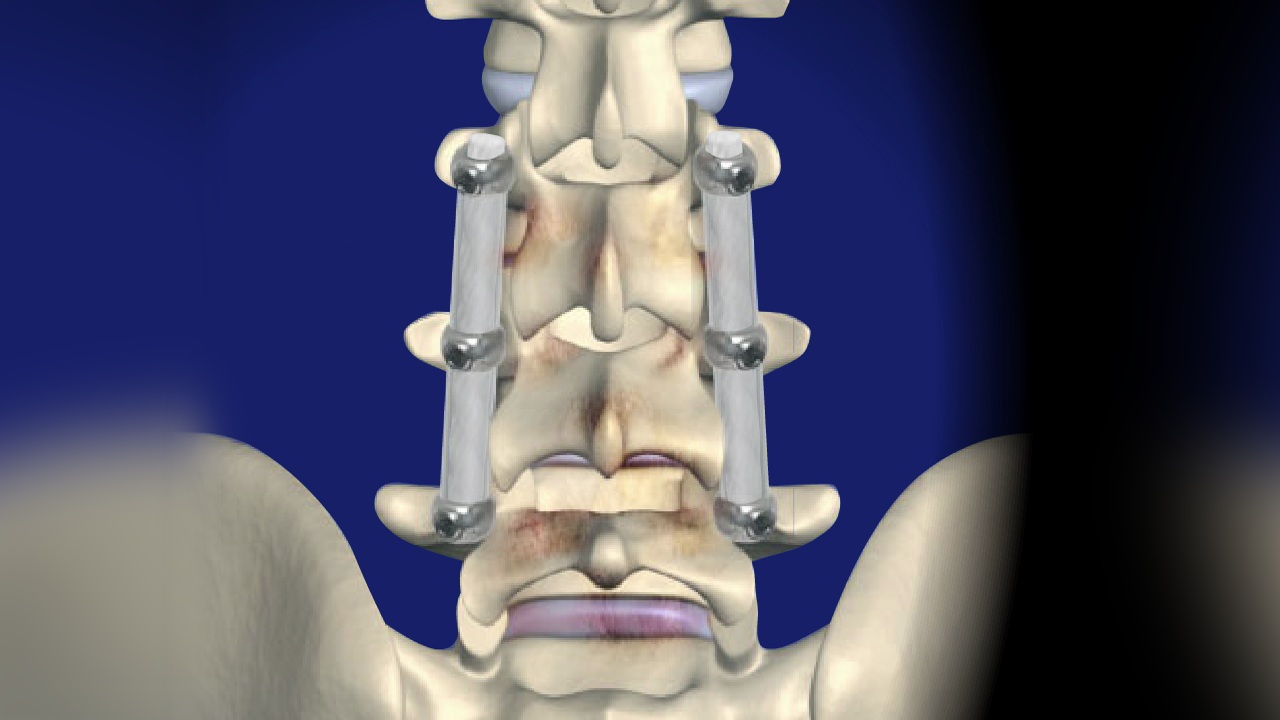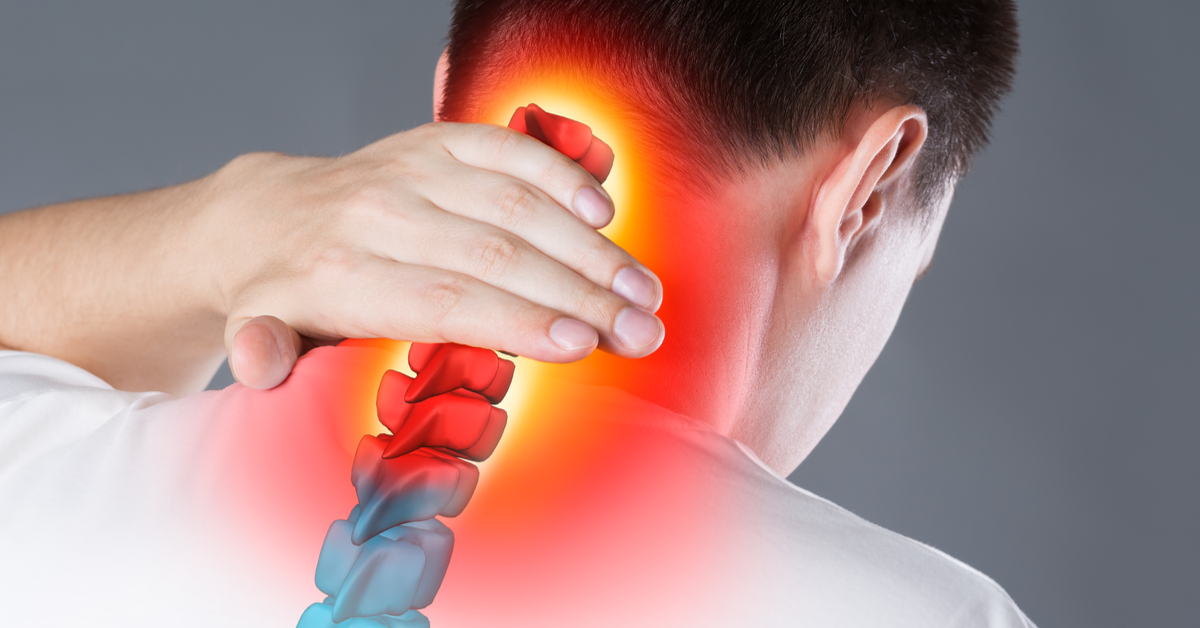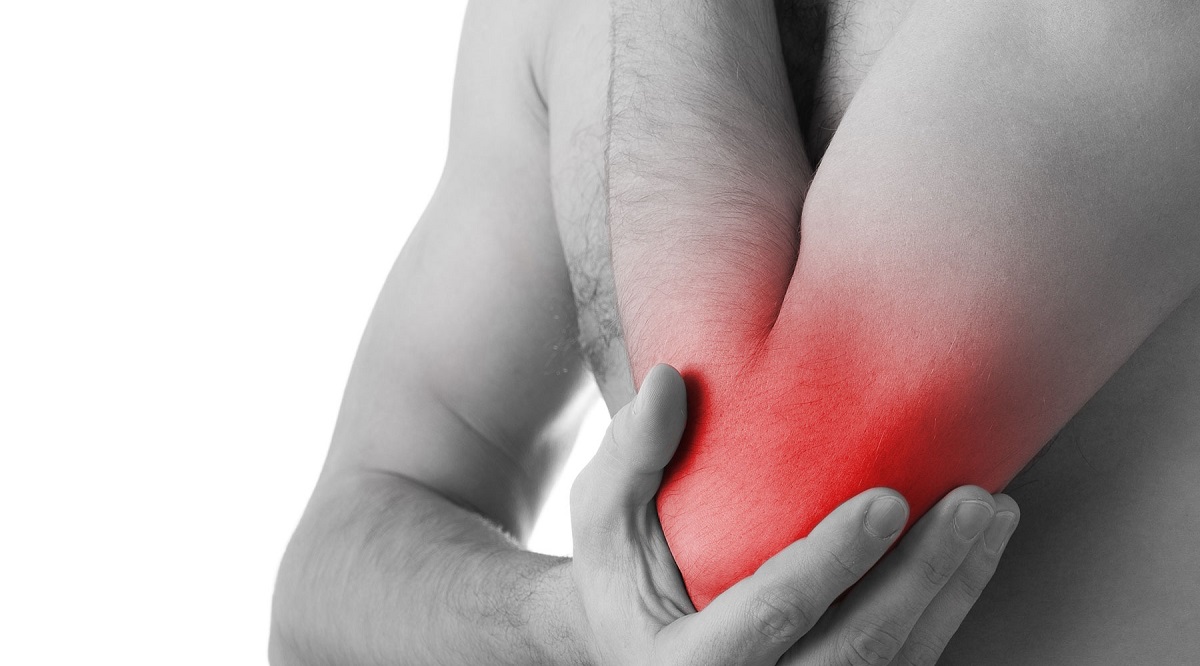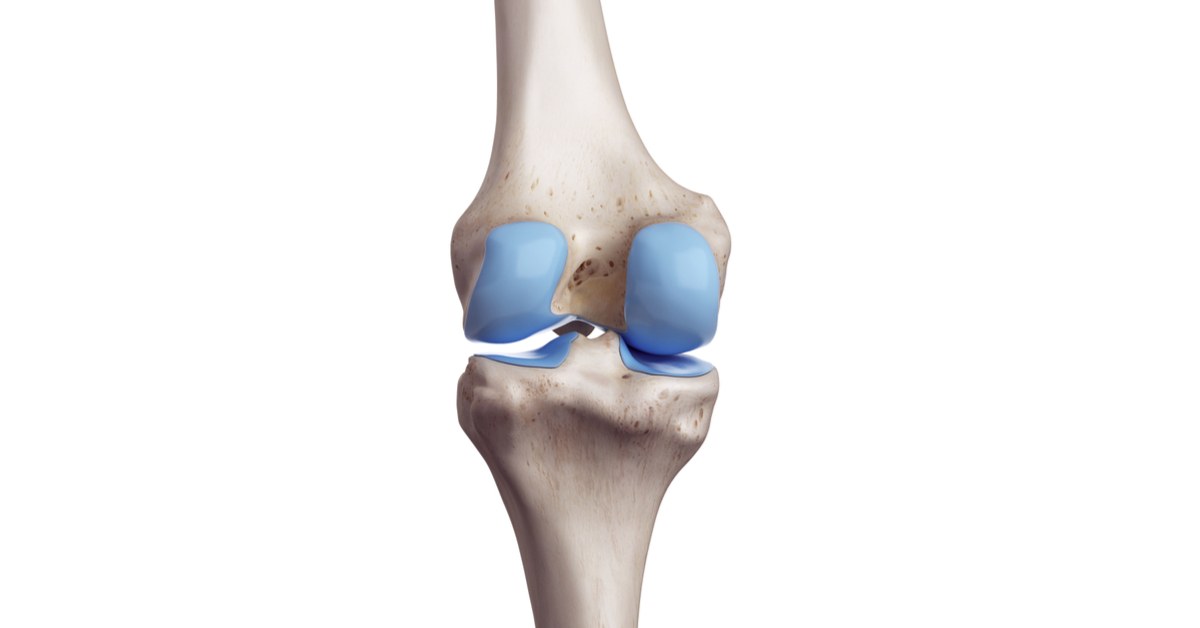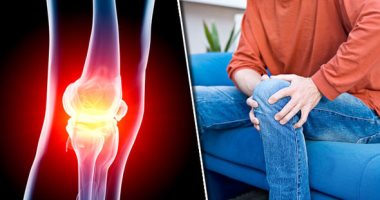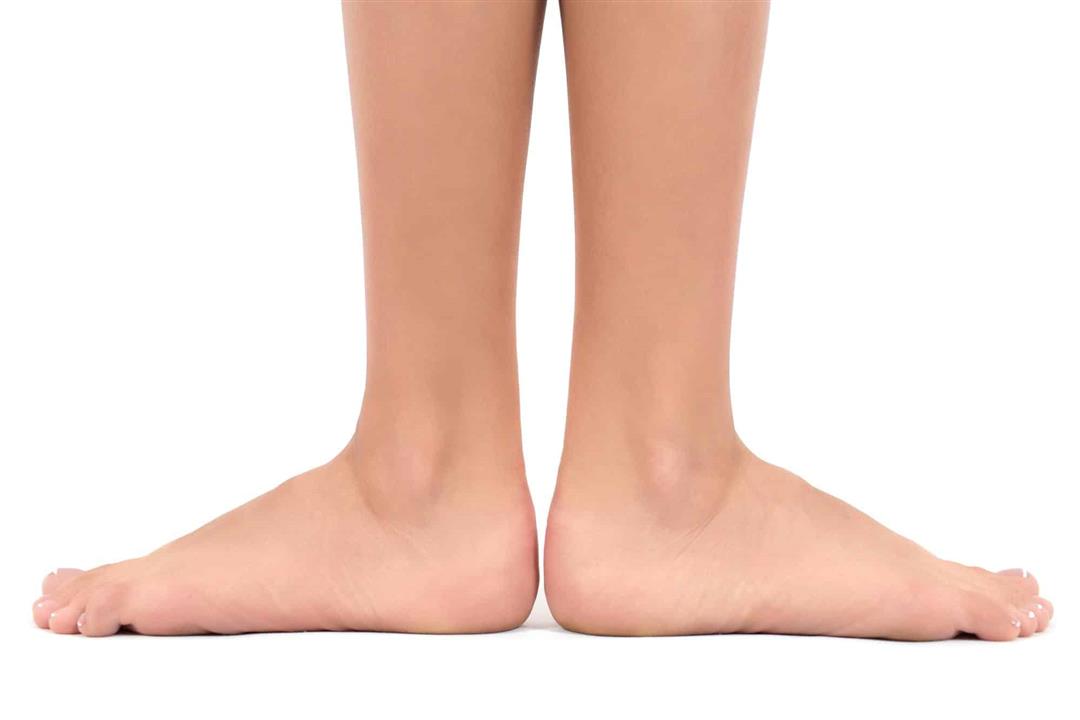?What is the price of joint inflammation injections and what is their purpose
Cost of Joint Inflammation Injections, we will shed light on different types of joint inflammation injections and how the appropriate type is chosen for each individual’s condition. We will also discuss cost-determining factors such as the medication used, required number of sessions, and treatment location. Additionally, we will address the importance of health insurance and different financing options that can help individuals better afford joint inflammation injection costs. This article will provide readers with detailed insights to help them understand the financial aspects related to joint inflammation injections and make the right decisions to effectively manage their condition at the lowest possible cost.

Cost of Joint Inflammation Injections
Therapeutic injections for joint inflammation provide an effective way to relieve pain and improve the condition of patients suffering from this health problem. The injection procedure is a medical intervention in which a therapeutic substance is injected directly into the affected joint, with the aim of relieving symptoms and improving joint function. There are several types of therapeutic injection treatments that help relieve joint inflammation pain. One of these types is hyaluronic acid injections. These injections contain hyaluronic acid which works to regenerate joint cartilage and reduce inflammation and associated pain. Some studies have shown that these injections may be effective in improving patient condition and reducing joint pain.
It is worth mentioning that the cost of joint inflammation injections varies according to the therapeutic substance used, the location where the injection is performed, and some other factors. Although these injections can be quite expensive, their potential therapeutic benefits may make up for it. Other types of therapeutic injections are also being developed that can be used to treat joint inflammation, such as steroid and non-steroidal anti-inflammatory injections. These injections work to reduce inflammation in the joints and relieve pain associated with joint inflammation.
Patients who successfully overcome joint inflammation pain and improve their health condition should consult a doctor before starting this treatment. The doctor will determine the exact type of injection and appropriate dose to use. It is important to follow the treating physician’s instructions and monitor progress after the injection. Joint inflammation injections are an effective treatment option for relieving pain and improving inflamed joints. Although they may have a financial cost, their therapeutic benefits can make up for it. Therefore, patients should communicate with their treating physicians to get the necessary advice and make the right decision regarding therapeutic injections to alleviate joint inflammation.
Dr. Amr Aml provides the best solutions for treating joint inflammation with precision and expertise.
What is the purpose of using joint inflammation injections?
There are several reasons why people use joint inflammation injections. This treatment is targeted directly at the inflamed joint, and aims to reduce swelling, relieve pain, and generally improve the joint condition. By locally injecting anti-inflammatory therapeutic substances into the affected joint, effective therapeutic effects can be achieved.
Using cortisone injections is a common and effective treatment for joint inflammation, especially in cases of rheumatoid arthritis. These injections can help significantly reduce swelling, joint inflammation and improve pain. The number of injections depends on the patient’s condition and the doctor’s recommendations. Cortisone may be given by direct injection into the painful joint or through corticosteroid pills.
Additionally, plasma injections are a suitable option for patients who have not responded to conventional methods of treating joint pain, such as anti-inflammatories and cortisone injections. Plasma injections help promote the rebuilding of damaged tissues and significantly improve the condition of the affected joint. Looking at the effects of cortisone injections in joints, the doctor noted that scientific studies have shown no significant benefit in using it to treat cartilage joint inflammation, ligament inflammation, and synovial inflammation.
Come visit Dr. Amr Aml and get exceptional treatment for joint inflammation.
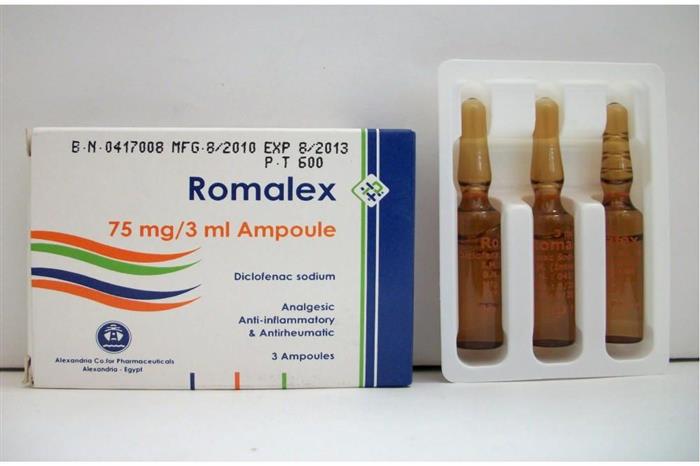 What is the purpose of using joint inflammation injections?
What is the purpose of using joint inflammation injections?
How do joint inflammation injections work?
Joint inflammation local injections are a common therapeutic method to relieve pain and treat inflammation in joints. The idea behind these injections is to inject some therapeutic and anti-inflammatory substances at the site of inflammation within the joint in order to reduce swelling, inflammation and relieve symptoms. One of the types of joint inflammation injections used is hyaluronic acid injections. Before using them, the injection solution must be prepared properly and a hyaluronic acid injection needle is usually injected into the affected joint, according to the doctor’s instructions.
These injections are injected into the affected joints, such as the ankle or elbow. There are several types of joint inflammation injections to help relieve knee joint inflammation pain, including hyaluronic acid injections. Hyaluronic acid acts as a lubricant for the joint, promoting smooth movement and reducing pain. Doctors also use injections containing corticosteroid in swollen joints. This steroid helps reduce swelling and inflammation, leading to an overall improvement in the condition of the affected joint.
In addition, doctors can identify reactive arthritis by injecting swollen joints with a corticosteroid-containing injection. Swelling, irritation and pain are common symptoms of this type of arthritis. All joint inflammation injections must be performed under the supervision of a specialist doctor. This depends on your treating physician’s assessment of the patient’s overall health status and characteristics of the arthritis they are suffering from.
The technique of joint inflammation injection is still under discussion among doctors, as some studies have shown conflicting results about its full effectiveness. However, it is usually considered a non-surgical option to relieve pain and treat inflammation in joints. Given that the effect of joint inflammation injections varies from person to person, it is advisable to consult a specialist to diagnose the condition and determine the most appropriate treatment.
Look for specialization and keen interest in treating joint inflammation with Dr. Amr Aml.
Who is the ideal candidate for bone and joint inflammation injections?
Bone and joint inflammation injections are a common and effective medical procedure to treat various joint inflammation conditions, relieve pain, and increase mobility of the affected joint. These injections are done using anti-inflammatory compounds such as steroids, hyaluronic acid or bone morphogenetic proteins. However, the important question that arises here is: Who is considered the ideal candidate for these injections? To clarify, we will review some factors to consider when examining the nomination of the appropriate candidate for bone and joint inflammation injections:
- Age and risk of injection: Age is a major factor in determining whether a patient is eligible for bone and joint inflammation injections. The benefits may be generally lower in adolescents and the elderly, as they may be subject to greater complications from corticosteroids or greater pressure on inflamed joints.
- Type of joint inflammation: There are different types of joint inflammation, and each type may be affected differently by bone and joint inflammation injections. There may be a need to evaluate and examine the case by a joint specialist to determine if this type is acceptable for this treatment or not.
- Likelihood of side effects: When taking anti-inflammatory steroids by injection, potential side effects should be considered. These side effects include bone thinning, weight gain, and diabetes. Therefore, the ideal candidate for bone and joint inflammation injections must be able to cope with these side effects and should have greater benefits than potential complications.
- Improving quality of life: Improving the patient’s quality of life is one of the most important nomination factors for bone and joint inflammation injections. If the patient suffers from persistent pain, swelling and stiffness that affects his movement and daily life, improving his condition may be the main goal of the injection.
- Recommendations of a specialist doctor: Finally, a specialist in joints should always be consulted to determine which patient benefits most from bone and joint inflammation injections. The specialist relies on clinical experience, comprehensive assessment of the patient’s condition and his personal perception of the case.
When it comes to treating joint inflammation, Dr. Amr Aml is the ideal choice.

Types of arthritis injection by material used
Four different types of arthritis injections by material used:
- Corticosteroid injections: Corticosteroid injections are one of the most common types of injections used to treat arthritis. These injections contain compounds similar to the natural hormones produced by the adrenal glands in the body. Corticosteroids work to reduce inflammation and swelling in affected joints and relieve pain associated with the inflammation. However, corticosteroid injections require a prescription and should not be used continuously for long periods due to the potential for side effects such as bone weakness and high blood pressure.
- Hyaluronic acid injections: Hyaluronic acid injections contain a naturally occurring substance that helps lubricate joints and provide protective padding between bones. Hyaluronic acid injections are a common option for osteoarthritis patients, especially in the knee. These injections provide fast, temporary relief, requiring repeated injections over weeks to maintain their pain and swelling relieving effect. A doctor should be consulted before using hyaluronic acid injections, especially if you have allergies to poultry-derived materials.
- Platelet-rich plasma injections: Platelet-rich plasma injections are gaining popularity as an arthritis treatment option, especially for cases of infection or allergies to other materials. Commonly used to treat knee and other joint osteoarthritis, a patient’s blood is drawn and processed to extract the platelet-rich plasma. Platelet-rich plasma contains growth factors that help promote healing and reduce joint inflammation.
- Natural compound injections: These injections involve the use of natural materials like herbs and botanical drugs to treat arthritis. They are considered a natural alternative to chemical injections. The use of natural compound injections is increasing among people who prefer natural treatments. It is important to consult a specialist doctor before using these injections, as they may require frequent doses and special care during application.
Depending on your health condition and doctor’s recommendations, the appropriate type of arthritis injection can be selected to achieve the best results in relieving pain and swelling associated with this chronic disease.
Dr. Amr Aml provides comprehensive and effective treatment for patients suffering from arthritis.
Best arthritis injection
Arthritis is one of the annoying health conditions that affects the daily life of people who have it. Although there are many treatments for arthritis, joint injections are considered an effective treatment that helps relieve pain and swelling quickly and effectively. In this article, we will highlight the best types of injections to treat arthritis.
- Cortisone injections: Cortisone injections are one of the most prominent types of joint injections used to relieve arthritic pain. Corticosteroid derivatives are used in these injections, such as triamcinolone and methylprednisolone. These injections prove their effectiveness in reducing pain and inflammation for a short period, but they may cause some side effects such as osteoporosis, weight gain, and high blood pressure.
- Hyaluronic acid injections: Hyaluronic acid is considered an effective injection for osteoarthritis, but its potential side effects should be considered and discussed with a doctor before starting to use it.
- Steroid injections: Affected joints are injected directly with corticosteroids to quickly reduce pain and swelling for a short period of time. However, long-term use can potentially cause side effects.
- Voltaren preparations injections: Voltaren is a pain reliever that is usually used in pill form or as a solution injected directly into the painful joint. These injections can be effective in relieving pain and quickly reducing swelling.
No matter your condition or type of arthritis you have, you should consult a specialist before starting any type of joint injection. You should also consider potential risks and drug interactions before taking any medication or injection. Joint injections are an effective treatment option to relieve arthritic pain, reduce inflammation and provide quick relief, but should be done under the guidance of a specialist to ensure the treatment is safe and appropriate for your health condition.
Dr. Amr Aml’s specialization in treating arthritis makes him the ideal doctor to solve your problem.
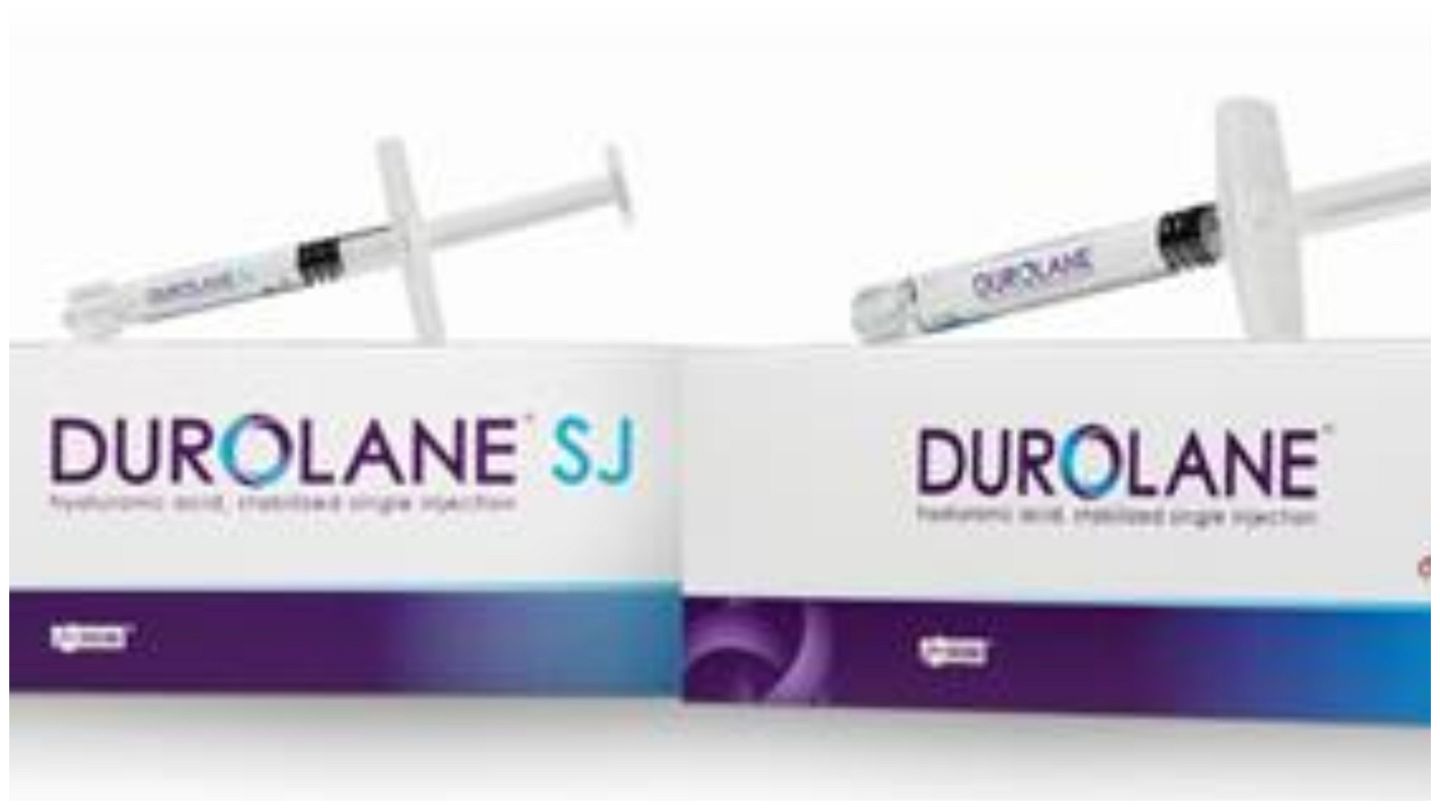
Does bone and joint injection have side effects?
Bone and joint injections are a common medical procedure used to treat various joint diseases and injuries. Despite proven effectiveness in treating many conditions, it is important to understand that this procedure may have side effects. Some patients may experience rare side effects including:
- Allergic reaction to the materials used to sterilize the joint area or the materials injected into the joint.
- Joint redness, swelling and pain after the injection.
- Joint infection as a result of the injection being done under poor sterilization conditions.
In addition, the most notable potential side effects of bone and joint injections that may rarely occur include:
- Cartilage damage.
- Death of bone near the injection site.
- Joint infection.
- Nerve damage.
- Short-term facial flushing.
For corticosteroid knee injections, temporary side effects include localized pain, elevated blood sugar, facial flushing, and skin lightening around the injection site. Rare side effects may include:
- Cartilage damage.
- Joint infection.
- Nerve damage.
- Tendon weakness or rupture.
- Adjacent bone thinning (osteoporosis).
Of concern is that new studies have suggested steroid injections used to treat knee osteoarthritis may actually worsen the condition. Therefore, bone and joint injections should be performed under the supervision of specialized physicians using proper sterilization techniques. The patient’s overall health condition must be considered and expected benefits weighed against potential risks.
Benefit from Dr. Amr Aml’s expertise in treating arthritis and get ready for a pain-free life.
Top advice doctors recommend after joint injection sessions
After joint injection sessions, Dr. Amr Aml is keen to provide some guidance and advice to patients. Here is the top advice doctors recommend after joint injections:
Avoid overloading the injected joint:
Activities that place excessive load on the injected joint should be avoided, such as lifting heavy objects or prolonged standing.
It is important to walk slowly and for short periods in the first days after the injection to avoid stressing the injected joint.
Avoid some sports activities:
It is advisable to avoid some sports activities associated with excessive joint loading, such as football or running. Consult your treating physician about permissible sports activities after joint injection.
Regular follow-up with your doctor:
Patients must adhere to scheduled follow-up appointments with their doctor to ensure joint healing progress and avoid any complications.
Apply proper sleeping and sitting positions:
It is advisable to apply proper sleeping and sitting positions as recommended by your doctor after joint injection, as this helps relieve pressure on the injected joint and promote healing.
Rest and reduce pressure:
The patient must be careful to reduce pressure on the injected joint during the post-injection period to facilitate its incorporation into the body. Complete rest on the first day after joint injection is recommended.
Perform simple exercises:
Patients can perform some simple muscle exercises after joint injection, such as strengthening exercises for the muscles surrounding the knee. Patients are individually guided on appropriate exercises for their condition.
Patients should follow the advice given by doctors after joint injections to ensure proper and healthy joint healing. If any unusual symptoms or deterioration occur, patients should contact their doctor for appropriate medical advice.
Dr. Amr Aml guarantees you distinguished care and effective treatment for arthritis.

Is it possible to cure joint inflammation disease?
Joint inflammation is a common disease that affects many people worldwide. It is important for patients and their relatives to understand that joint inflammation is not necessarily an incurable disease. In fact, there are some types of joint inflammation disease that a patient can sometimes fully recover from. One specific type of joint inflammation that a patient can fully recover from is septic arthritis. This type of joint inflammation occurs due to inflammation or infection in the joint. When the underlying inflammation or infection is treated, full recovery occurs in many cases.
There is also another type of joint inflammation known as adult-onset still’s disease. This type is characterized by the appearance of symptoms in adulthood. Although there is no definite cure for this type, there are reports of half of patients recovering, meaning that full recovery may be possible in certain cases of joint inflammation. Additionally, physiotherapy may be beneficial in some types of joint inflammation. Physiotherapy can help strengthen muscles around the joints, improve movement and flexibility. In some cases, physiotherapy can enhance the healing process and help the patient fully regain physical ability.
In addition to conventional medical treatments, there are some herbs that are believed to help treat and alleviate rheumatoid arthritis symptoms. For example, turmeric is renowned for its anti-inflammatory properties that can help reduce pain and swelling in affected joints. Those with joint inflammation should balance medical treatments with available alternative therapies. By consulting a specialized medical team and following a healthy lifestyle, patients with joint inflammation can live an active and satisfying life.
Who is the doctor specialized in joint inflammation?
Dr. Amr Aml is one of the best doctors specialized in joint inflammation in Egypt. Dr. Amr holds a PhD in Orthopedic Surgery from Ain Shams University and has extensive experience in this field. Dr. Amr is distinguished by his superior skills in diagnosing and treating joint inflammation. He has performed many successful surgeries in this specialty. Dr. Amr is a member of many medical associations and scientific societies, reflecting his professionalism and dedication to his specialty. Dr. Amr Amel is also one of the prominent bone doctors in Egypt, enjoying the appreciation and respect of patients and colleagues in the medical field. His patients commend his great skill and personal care for each case, contributing to the comfort and complete confidence of patients in his medical services.
Dr. Amr Amel aims to provide the best treatments and care for his patients by communicating with them and fully understanding their health needs. Dr. Amr Aml is the link between the patient and the latest technologies and scientific knowledge in the field of joint inflammation treatment. The waiting time for an appointment at Dr. Amr Aml’s clinic is only 10 minutes, confirming the dedication and high professionalism he has in his work. Dr. Amr provides his medical services at his clinics in the New Cairo area, where he provides a comfortable and safe environment for all patients. Dr. Amr Aml aims to improve patients’ lives, relieve their pain, improve their movement and overall quality of life. If you suffer from joint inflammation and are looking for the best treatments and consultations in this field, you can book an appointment with Dr. Amr Aml now and benefit from his exceptional expertise and skills in orthopedic and joint surgery.


